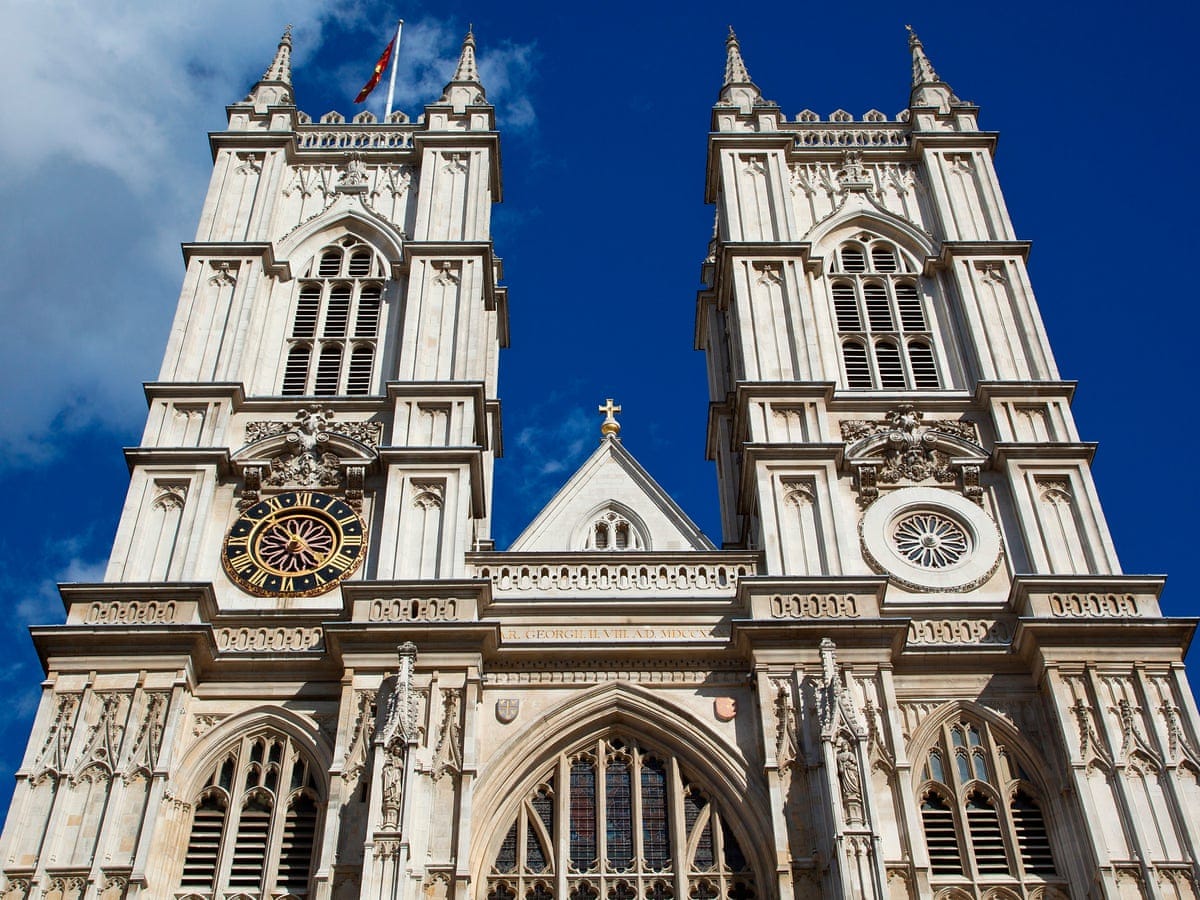An emptied church
Living without the comforting understandings of a past age.
My post a few weeks back on the nature of bishops in a post-pandemic church sparked a helpful response from a reader arguing, as I had, that seeing the episcopacy as closer to the local church was important.
My astute correspondent suggested that the church has been misled by the language of managerialism:
I wonder if that is a problem that needs to be addressed. It imports images of the church as an institution, or even a corporation. Other more familiar images seem less compatible with management “science”: in a family, for example, there are limited areas such as budgets where management seems appropriate, but no one (except Captain von Trapp!) thinks that there must be a “manager” for family life to function effectively as a whole.
This e-mail put me in mind of one of my favourite short readings in theology by Donald MacKinnon, the 20th-century Scottish Anglican, philosopher, and theologian. In 1968 he was invited to deliver a lecture in Westminster Abbey—the heart of the British ecclesiastical establishment and its ties to the British crown—in memory of Charles Gore, a 19th- and 20th-century bishop. Gore had emphasized the incarnation in his own theology so MacKinnon chose that as a theme, specifically kenosis, the Greek word that means self-emptying, as in Christ emptied himself to become human in the incarnation (from Philippians 2).

MacKinnon’s lecture was an evisceration of the church’s self-understanding as an Established church, one with a special role in the country and unique legal privileges. Instead, he said, the church needed to embrace institutional kenosis, to empty itself of its power and prestige. Only then, he said, could it truly understand the good news it preached.
The whole essay sparkles with wisdom and insight (though in typical MacKinnon fashion it can be dense and elusive). As I re-read it recently, I found myself drawn to this passage:
“But the issue of kenosis and establishment is, in the end, an issue of spirituality. To live as a Christian in the world today is to live an exposed life; it is to be stripped of the kind of security that tradition, whether ecclesiology or institutional, easily bestows. We deceive ourselves if we suppose that we do not seek to hide ourselves away from the kind of exposure to which I am referring. To do so might quite properly be thought the besetting sin of the characteristically Anglican ethos, a cultivated avoidance of extremes. And whether we like it or not, today we do live in an extreme situation.”
That seems an apt description of a post-pandemic church. If there were any left, the pandemic has stripped us of our illusions about institutional strength and our place in society. It has revealed to us the extreme times in which we live—of climate, of inequality, of racial division. We can no longer avoid these truths, whether internal or external. Christ’s self-emptying was chosen. The pandemic has forced it upon us.
In MacKinnon’s concluding paragraph he writes:
“Our first duty is to free our imaginations of the kind of hesitation that comes from our archaism and our unyielding confinement within the categories and imagery of past ages.”
The challenge for the church in a post-pandemic world—as at some many other points in its history—will be whether we can summon the spiritual depth to live without the comforting understandings of a past age. That, in the title and recurrent theme of this newsletter, is the risk Christians are called to take.
Thanks for reading this far! Risking Church is a weekly, summer-only, always-free newsletter. If you haven’t subscribed yet, do so by clicking on this link.

